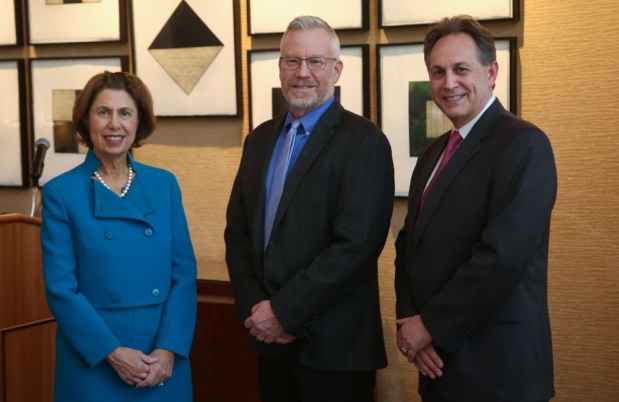Lecture – A Scientific Odyssey in Three Parts
Available with English captions.
Presented by Bertha K. Madras, PhD, McLean Hospital, this year’s recipient of The Jack H. Mendelson Memorial Research Award
“The joyful life of research. The pure joy of just discovering. The pure joy of adding to knowledge. The pure joy of collaborations, of friendships, of experiences.”
That’s how Dr. Madras describes her feelings about her long career as a researcher, educator, and policy maker.
During her talk, Madras looks back on three phases of her career. She details her work in public education and her research, including translational, basic, and public policy research.
She also discusses her involvement in public policy, with a particular focus on the opioid crisis. Drawing on her efforts in these areas, she explains the rationale for translating scientific discoveries into formats accessible to the general public.
Watch now to learn more about:
- Advances made in dopamine transporter imaging
- The importance of investigating the effects of THC and CBD on the developing adolescent brain
- Core recommendations of the Opioid Commission and how psychiatry can contribute to alleviating the opioid crisis
The different phases of her research career demonstrate advances made in translational research, including her studies using dopamine transporter imaging. Madras describes many research efforts conducted over the years that have increased our understanding of brain functioning and led to medications and treatments to help individuals with substance use disorders involving marijuana, opioids, cocaine, and other drugs.
Madras also discusses her recent focus on cannabinoid effects in adolescent and adult primate brains and behaviors. She has engaged in research on parental influence on cannabis use, the ways in which human and primate brains respond to THC and CBD, and other topics. She says it is critical to understand the contrasting behavioral and molecular effects of these cannabinoids for public health, safety, and personal decisions.
Turning to her service on the President’s Commission on Combating Drug Addiction and the Opioid Crisis, Madras discusses how the group produced its recommendations for fighting the problem.
She also explains how academic and practicing mental health professionals can contribute to alleviating the opioid crisis. She calls for improvements in psychiatric training in substance use disorders and pain management, greater access to essential treatment for co-occurring substance use disorders and other mental health disorders, and increased efforts to identify children at risk.



